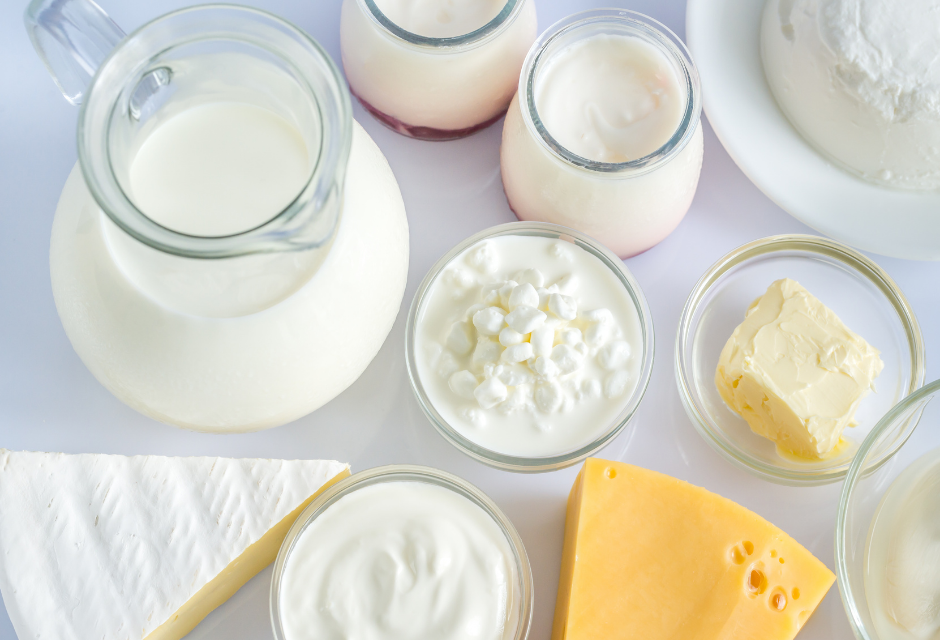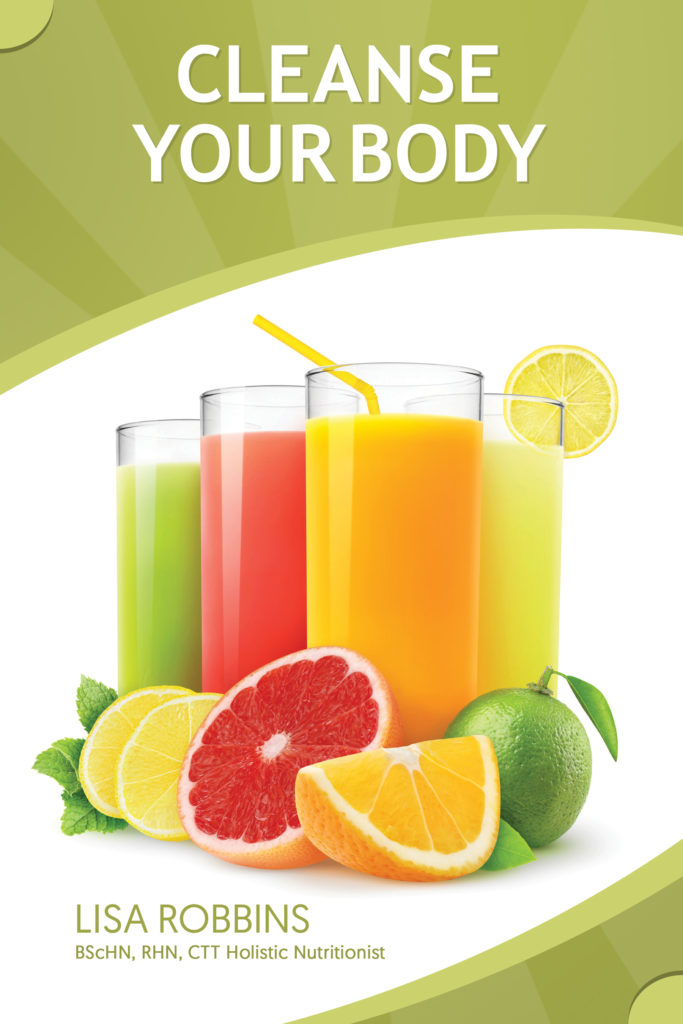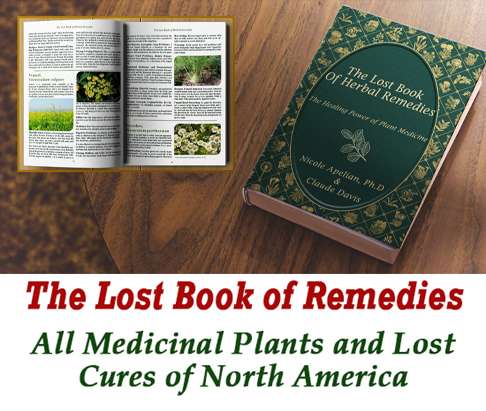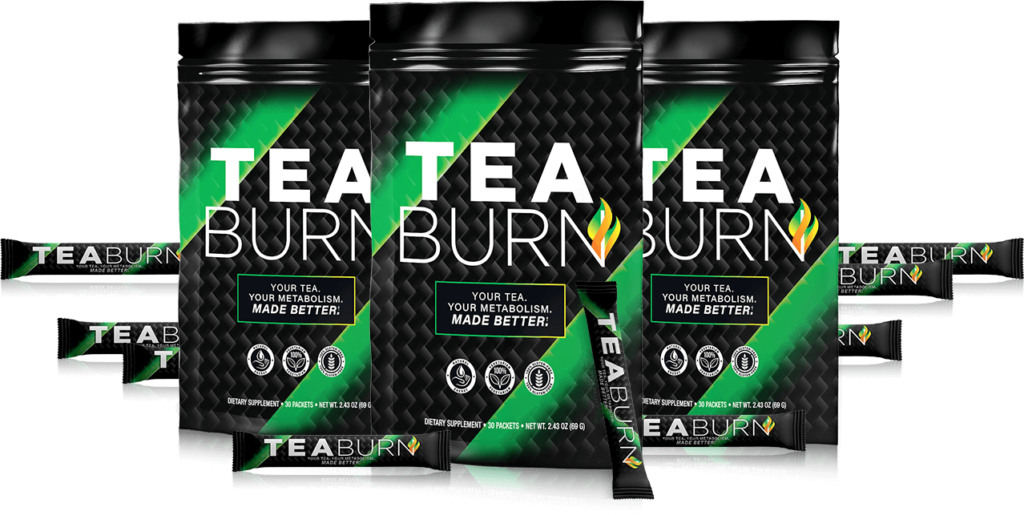When referring to milk allergy, we really mean dairy allergy. When I tell clients they have a milk allergy, they often say, I don’t drink milk. When I ask if they eat ice cream, or cheese, or yogourt, they often admit they do eat those milk products. These products are made with cow’s milk and they are responsible for the same issues caused by milk because they are made from milk.
Milk Allergy is often confused with Lactose intolerance.
Lactose intolerance is an inability to produce the digestive enzyme lactase in the small intestine. Lactase is needed for the breakdown of lactose or milk sugar, into simpler sugars such as glucose and galactose. Normally, these simple sugars pass through the intestinal wall into the bloodstream. When no lactase is present, milk cannot be properly digested, so it ferments in the intestines, causing symptoms such as bloating, gas, cramping, and diarrhoea. This feeds pathogenic bacteria and fungi and over time can cause chronic health problems, and serious issues like IBS, Crohns disease, coronary disease, kidney stones, gall stones, arthritis, and cancer.
Milk Allergy on the other hand is present when the immune system has an allergic response to one of the components of milk or a milk product, usually a protein. An allergic response happens when the body produces antibodies to a certain allergen.
Symptoms of cow’s milk allergy are many and can include vomiting, diarrhoea, runny nose, nasal congestion, excess mucus, respiratory problems such as bronchial infections or asthma, ear infections, eczema, muscle cramps, hives, pallor, gastrointestinal problems, insomnia, headaches, tension, fatigue, hyperactivity and bedwetting.
It is important to note that food intolerance can lead to food allergy if undigested particles of food manage to enter the bloodstream.
Only a very small percentage of people have a clinically defined cow’s milk allergy. Most of the world’s population, except for some Caucasians of European descent, are lactose intolerant.
Milk and milk products can and do cause immediate, even anaphylactic reactions, as well as delayed symptoms and sensitivities in many people. Other components of processed milk cause symptomatic problems for many people. Residues of antibiotics fed to cows to treat illness such as mastitis make their way into cow’s milk, contributing to antibiotic resistant bacterial strains. High levels of progesterone in the milk of pregnant, lactating cows can disrupt our hormone balance, causing acne, mood swings, irregular menstrual periods, and other problems. Finally, processes such as pasteurization denature milk, damaging its protein structure, affecting its absorption, and decreasing its nutritional value. Pasteurization also destroys naturally occurring lactase, contributing to lactose intolerance.
Alternative practitioners believe that babies who are not breastfed are more likely to develop allergies. This could partly be caused by the immature gut of an infant receiving food it is not yet able to digest. The infant’s immune system then develops antibodies to an otherwise harmless food. Cow’s milk is about two to three times higher in protein than human breast milk. This causes problems for an infant’s immature gut, which is unable to digest protein in large quantities.
Cow’s milk also has less lactose than human milk. The higher concentration of lactose in human milk is needed for higher brain development, and the digestive enzyme lactase comes prepackaged in human breast milk, giving infants the ability to digest lactose without having to produce the enzyme themselves. Studies have confirmed that infants fed breast milk or a combination of breast milk and formula have higher IQ’s than infants fed exclusively cow’s milk formula.
Some children can outgrow a milk allergy by about three years of age.
If you suspect you or your child has a milk allergy, please consult a Nutritionist or Alternative Practitioner for support and recommendations.







